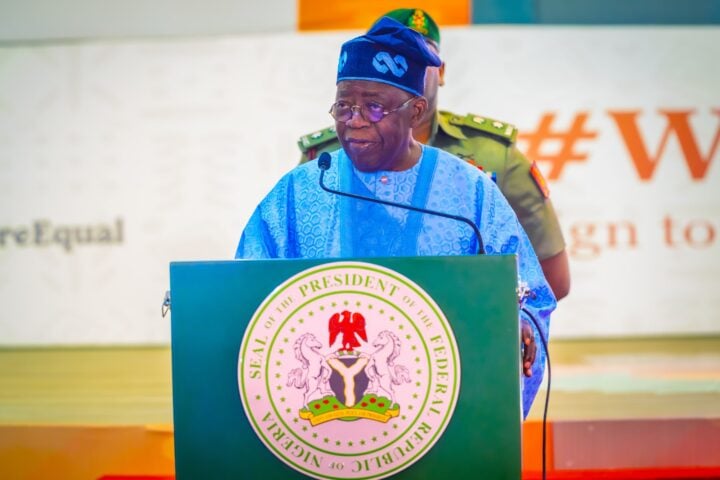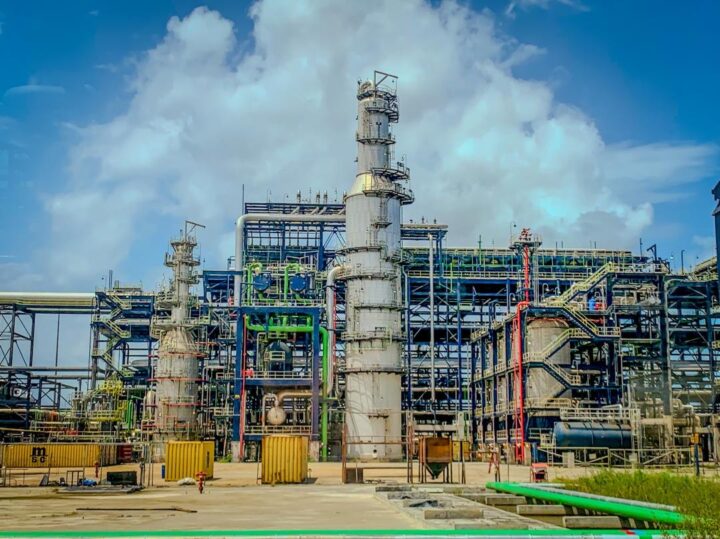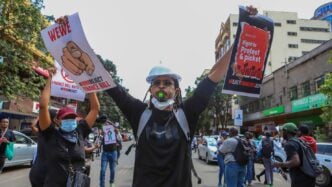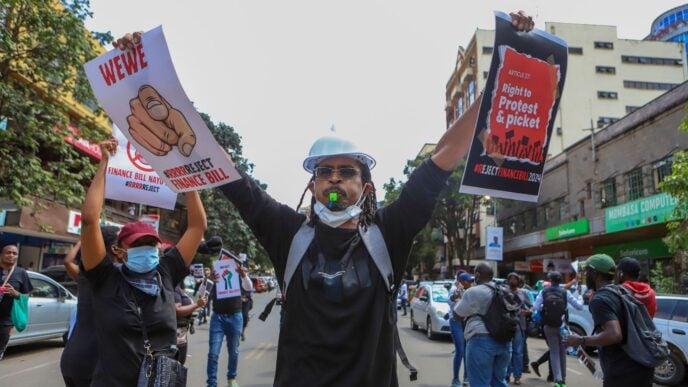Gbenga Komolafe, chief executive officer (CEO) of the Nigerian Upstream Petroleum Regulatory Commission (NUPRC), says the country’s average daily production stood at 1.6 million barrels per day (mbpd) as of July 23.
Komolafe spoke on Friday during the house of representatives special committee’s two-day public and investigative hearing on oil theft and losses.
On July 10, the Organisation of Petroleum Exporting Countries (OPEC) said Nigeria’s average daily crude oil production rose to 1.27 million barrels per day (bpd) in June.
According to the intergovernmental body, the current output figure represents a 1.57 percent rise from the 1.25 million bpd recorded in May.
Advertisement
Due to the current production figure, OPEC said Nigeria retained its position as the biggest oil producer in Africa, surpassing Angola, which produced 906,000 bpd in June.
According to Komolafe, Nigeria had continued to dominate as Africa’s largest producer of crude oil, boasting proven reserves of 37.50 billion barrels and a production capacity of approximately 2.19mbpd.
“As of July 23, 2024, Nigeria’s average daily production stands at 1.61mbpd,” Komolafe said.
Advertisement
On the statutory mandates and regulatory strategies of NUPRC, he said the Petroleum Industry Act 2021 grants the commission several mandates.
These mandates, according to Komolafe, are calibrating and certifying metering systems and equipment, publishing reports and statistics on upstream operations, overseeing regulations and issuing quality and quantity certificates for exports, and determining the fiscal prices for crude oil and condensate.
Komolafe added that the commission’s strategies focus on optimising production, improving regulatory oversight, and ensuring precise measurement and accounting.
The NUPRC boss said the commission has prioritised enhancing rig availability and minimising non-productive time by unlocking heavy crude oil reserves through industry workshops.
Advertisement
He said these initiatives support new petroleum prospecting licence awardees in achieving their first oil, among other efforts.
Komolafe acknowledged that Nigeria is grappling with major challenges related to crude oil theft and pipeline vandalism, particularly impacting the terminals at Bonny, Brass, and Forcados.
He said this has prompted the commission to employ end-to-end production monitoring and a mass balance methodology to accurately account for losses and differentiate them from operational losses.
The NUPRC CEO said the commission has also introduced several innovative measures to enhance transparency and accountability.
Advertisement
“Other innovations include the advanced cargo declaration regulation that ensures no crude oil is exported without proper accounting and assigns a unique identification number to each cargo, the upstream metering regulation, which mandates reliable metering systems to account for all hydrocarbon production and exports, and real-time cargo tracking and digital documentation to improve visibility and efficiency in cargo operations,” he said.
Komolafe reiterated the commission’s commitment to ongoing engagement with stakeholders to optimise Nigeria’s oil production and sustain its leadership position in Africa’s energy sector.
Advertisement
Add a comment









